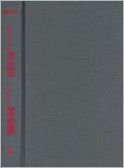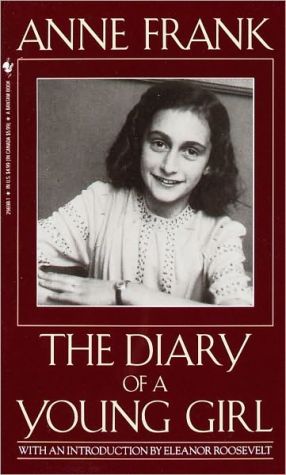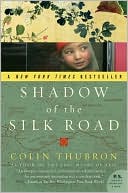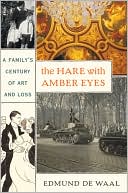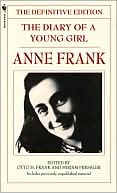Erasmus on Women
In his writings Erasmus was more interested in arguing than in settling a case. However the equivocation we find in his writings is more than a literary game or a technical expedient. It is the corollary of his scepticism. One can hardly expect unequivocal statements on complex issues such as the role of women in society from a man who holds that 'human affairs take so many shapes that definite answers cannot be provided for them all.' But as Erika Rummel demonstrates, the difficulties of...
Search in google:
In his writings Erasmus was more interested in arguing than in settling a case. However the equivocation we find in his writings is more than a literary game or a technical expedient. It is the corollary of his scepticism. One can hardly expect unequivocal statements on complex issues such as the role of women in society from a man who holds that 'human affairs take so many shapes that definite answers cannot be provided for them all.' But as Erika Rummel demonstrates, the difficulties of interpreting Erasmus' texts do not invalidate their use as sources of social history; they only prevent us from ascribing the views expressed specifically to Erasmus. What emerges from the text is a composite picture of women's role in society, reflecting a spectrum of views held in Erasmus' time rather than a coherent set of views advocated by him personally.Erasmus on Women offers selections from Erasmus' manuals on marriage and widowhood, his rhetorical treatises, and the Colloquies. The texts deal with the courtship, marriage, child-rearing, and widowhood. Selections treating particular topics, such as prostitution, scholarship, and activism, are placed within the context in which they are discussed by Erasmus.Erasmus' dialogues present a lively cast of virgins and mothers, housewives and harlots, shrews and activists. The fifteen texts and excerpts offered here represent a mixture of traditional and progressive thought. Along the traditional lines, he commends women for their role as caregivers and for their service to God and society. In contrast, he holds progressive views (by the standards of his time) on the education of women and breaks with tradition by challenging the idea that celibacy is superior to the married state.Erasmus' views were radical for his time and frequently involved him in controversy. Lavishly praised by some, his writings were bitterly denounced by others. Yet the wide dissemination of his writings makes him an important commentator and influence on the social thought of the sixteenth century. Booknews A collection of Erasmus's writings on women exemplifying the Renaissance style of argumentation based on cultural tradition gives voice to an age's attitudes toward women and their societal roles. Scholars seeking Erasmus's personal views will be frustrated, but social historians will find a plethora of information on the choices presented to unmarried women (cloister, marriage, harlotry), the institution of marriage, and the role of widows in the 16th century. Rummel supplies a thoughtful editorial introduction, contextualizing the sometimes hard to swallow philosophies found in the essays e.g. women's inferior intellects or the natural order of wifely subservience. Paper edition (unseen), $19.95. Canadian card order number C95-933373-8. Annotation c. Book News, Inc., Portland, OR (booknews.com)\\
AbbreviationsIntroduction3The World: A Corrupting Influence?15From The Institution of Marriage[s.n.]The Cloister: A Safe Haven?23aFrom On Disdaining the World23bThe Girl with No Interest in Marriage25cThe Repentant Girl35Marriage: The Solution?39aCourtship39bThe Young Man and the Harlot51cA Letter of Persuasion: In Praise of Marriage57The Institution of Marriage79aChoosing the Right Mate80bMaintaining a Harmonious Relationship93Marriage: A Counselling Session131A Marriage in Name Only145The New Mother156The Well-Read Matron: The Abbot and the Learned Lady174The Activist: The Council of Women180From The Christian Widow187Berta Heyen: An Obituary for a Christian Widow230Chronology of Erasmus' Life243Further Reading245Index247
\ BooknewsA collection of Erasmus's writings on women exemplifying the Renaissance style of argumentation based on cultural tradition gives voice to an age's attitudes toward women and their societal roles. Scholars seeking Erasmus's personal views will be frustrated, but social historians will find a plethora of information on the choices presented to unmarried women (cloister, marriage, harlotry), the institution of marriage, and the role of widows in the 16th century. Rummel supplies a thoughtful editorial introduction, contextualizing the sometimes hard to swallow philosophies found in the essays e.g. women's inferior intellects or the natural order of wifely subservience. Paper edition (unseen), $19.95. Canadian card order number C95-933373-8. Annotation c. Book News, Inc., Portland, OR (booknews.com)\\\ \
